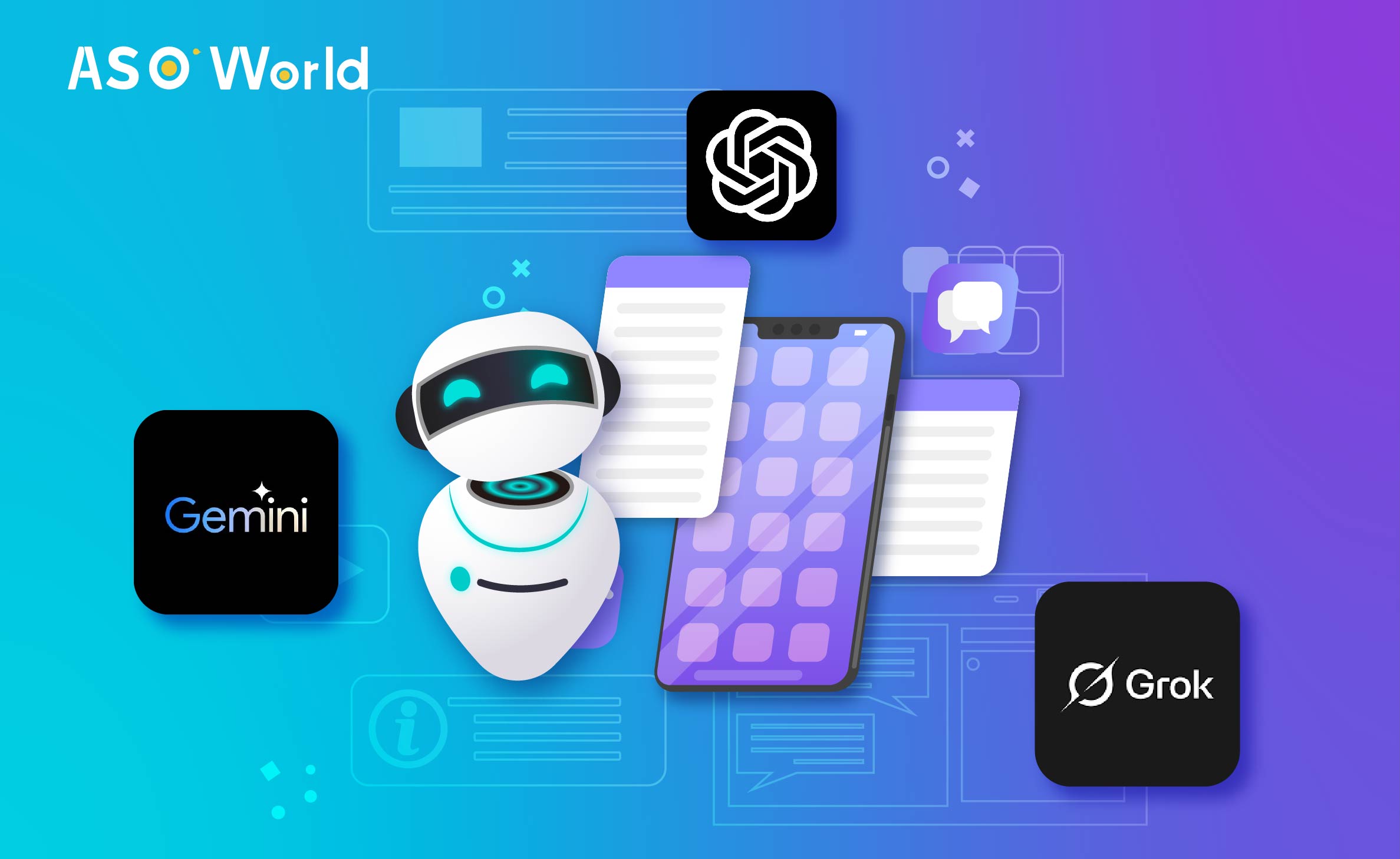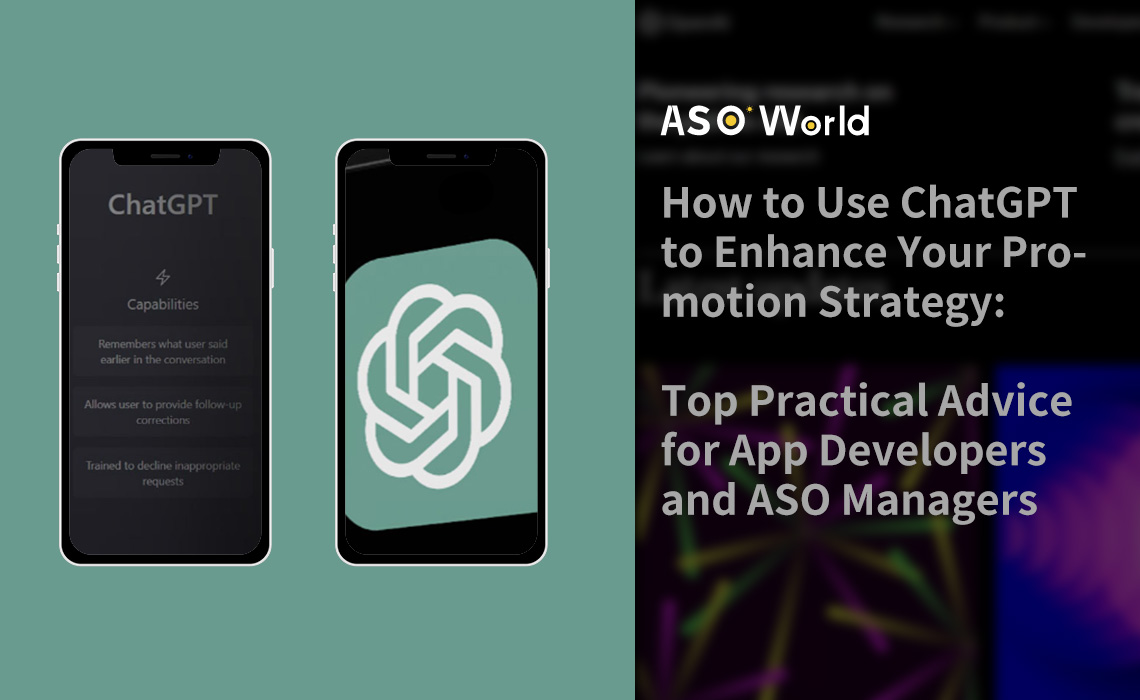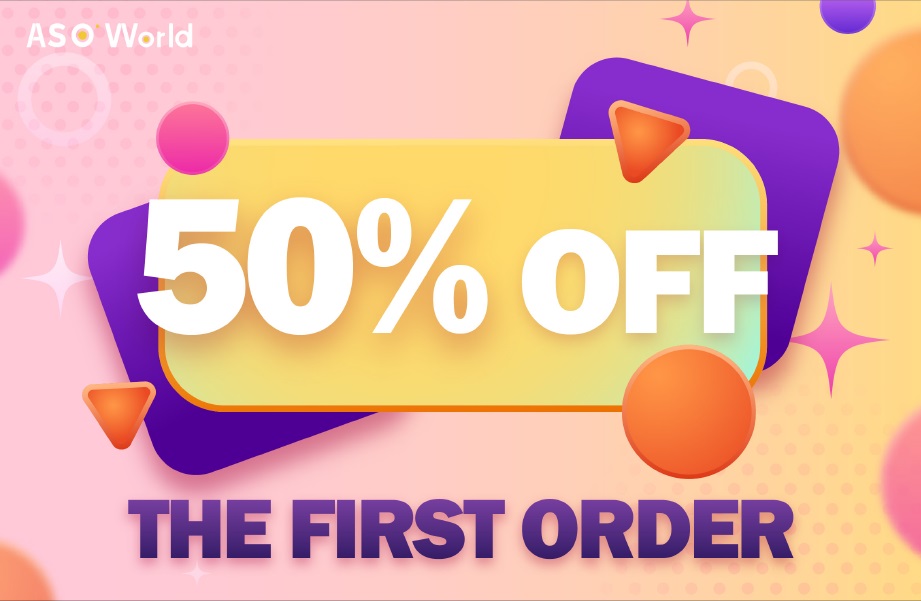





Discover how AI innovations like Google’s Gemini 2.0, ChatGPT’s Deep Research, and xAI’s Grok 3 are reshaping app promotion through smarter ASO, insights, and engagement.

Artificial Intelligence (AI) is transforming the way applications are promoted, furnishing novel mechanisms and methodologies to heighten prominence and involvement. This exposition dissects the influence of cutting-edge AI developments, including Google’s Gemini 2.0, ChatGPT’s Deep Research, and xAI’s Grok 3, upon the domain, alongside their ramifications for app promoters in the contemporary scene.
Principal Aspects:
Google’s Gemini 2.0, unveiled with variants like Flash, Flash-Lite, and Pro, heralds a crucial pivot by permitting AI frameworks to operate indigenously on portable gadgets. This progression diminishes dependence on cumbersome cloud infrastructure, which formerly escalated computational expenses and delays. The narrative posits that such availability curtails the expense of astute app encounters, hinting at prospective reductions in AI-linked subscription tariffs.
For app architects, this implies that elementary AI operations, hitherto exclusive perks, could evolve into commonplace offerings across myriad applications. This levelling might engender commodification, wherein AI's allure alone fails to suffice for distinction. Rather, emphasis pivots to the finesse of AI calibration for particular demographics. Illustrations encompass wellbeing monitors with instantaneous calibrations, AI-forged participatory narratives, or anticipatory conduct attuned to user proclivities. Promoters ought to accentuate these bespoke, patron-tailored implementations to sustain a market superiority.
To exemplify, ponder the ensuing chart juxtaposing conventional versus AI-augmented app attributes:
This evolution intimates that promotional blueprints for apps will necessitate spotlighting singular merits, centring on specialised segments and individualised encounters to distinguish amid saturation.
OpenAI’s Deep Research utility within ChatGPT inaugurates a more self-reliant manner of undertaking intricate inquiries, datum amalgamation, and extended scrutiny. Diverging from antecedent AI perusal aids, which garnered superficial particulars, Deep Research can deconstruct multifaceted subjects, corroborate discoveries athwart origins, and engender organised deductions. This prowess proves especially revolutionary for narrative devising, app store optimisation (ASO), and market emplacement in app promotion.
The discourse spotlights diverse implementations:
Rival appraisal, oft ponderous and labour-demanding, can henceforth be mechanised. Deep Research furnishes expeditious revelations into attribute lacunae, tariff schemas, and vexations from authentic patron retorts, expediting comprehension of adversaries.
App conspicuousness hinges evermore on quest purpose, classificatory vicissitudes, and patron anticipations. AI-empowered market surveillance simplifies metadata and narrative tweaks in the instant, fostering superior placement efficacy.
How to Employ ChatGPT to Augment Your Promotion Blueprint: Premier Pragmatic Counsel for App Architects and ASO Overseers
Patron disposition veers nimbly, and orthodox A/B trialling may trail. Deep Research can comb sectoral dialogues, adversary dispatch drifts, and nascent consumer afflictions, empowering marques to hone advert fabrication and stance preemptively.
This stride underscores the primacy of datum-steered resolutions in app promotion. Promoters can harness these revelations to hone their ploys, assuring congruence with market fluxes and patron requisites. For example, modulating ASO via prescient AI-propelled scrutiny can markedly amplify app detectability, whilst honing advert discourse on instantaneous disposition drifts can elevate involvement quotients.
2025 Outlook: How to Scrutinise ASO Dispatch with Datum-Steered Instruments for Augmented App Expansion
Elon Musk’s xAI Grok 3, arrayed as a rival to OpenAI and Google, is schooled on X particulars, surpassing in instantaneous parleys, vogue pursuit, and jest-infused interchanges. This evolution portends a morrow wherein AI-engendered material melds fluidly with innate dispatches, transmuting involvement paradigms on communal arenas from orthodox streams to AI-bespoke escapades.
For app promotion, this unfurls wholly novel augmentation conduits:
Promoters can inaugurate drives that retort to epidemic instants forthwith, amplifying aptness and immersion. This proves especially potent in realms like diversion, wagering, and vivacious trade, wherein promptitude reigns paramount.
App quest conducts on communal arenas can transmute diurnal per vogue motifs. Grok 3’s aptitudes permit ASO schemas that acclimatise to these vogues, ameliorating conspicuousness and patron accrual.
Marques weaving in AI-aided throng immersion betimes might procure a pioneer supremacy, particularly as AI-empowered communal streams burgeon normative. This transmutation spotlights the promise for communal media to burgeon a more kinetic and individualised conduit for app advancement, exacting promoters to linger lithe and reactive to nascent vogues.

The AI epoch is profoundly imprinting application promotion, propelled by strides that amplify reachability, market acumen, and communal media immersion. App promoters must acclimatise by centring on individualisation, harnessing datum-steered ploys, and adopting inventive communal media manoeuvres. By preceding these drifts, they can traverse the mutable terrain and attain enduring expansion.

Get FREE Optimization Consultation
Let's Grow Your App & Get Massive Traffic!
All content, layout and frame code of all ASOWorld blog sections belong to the original content and technical team, all reproduction and references need to indicate the source and link in the obvious position, otherwise legal responsibility will be pursued.